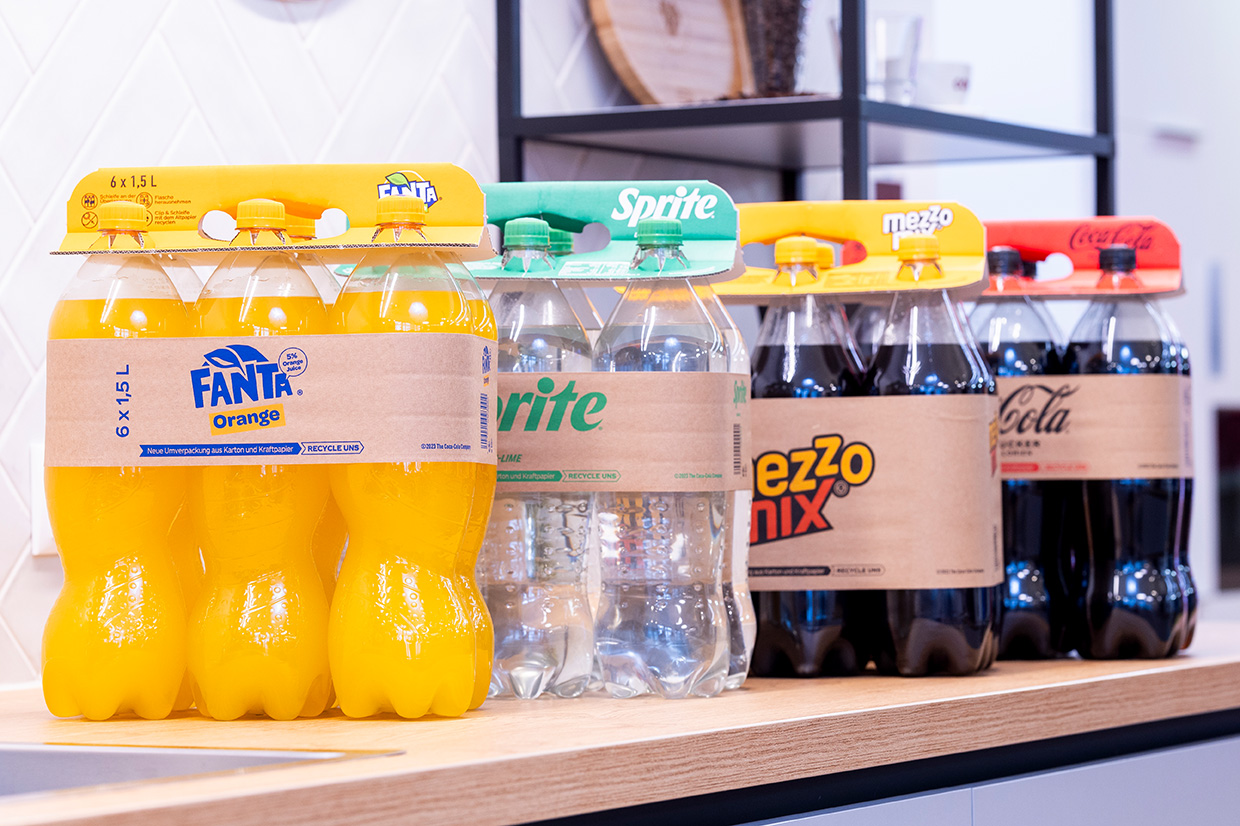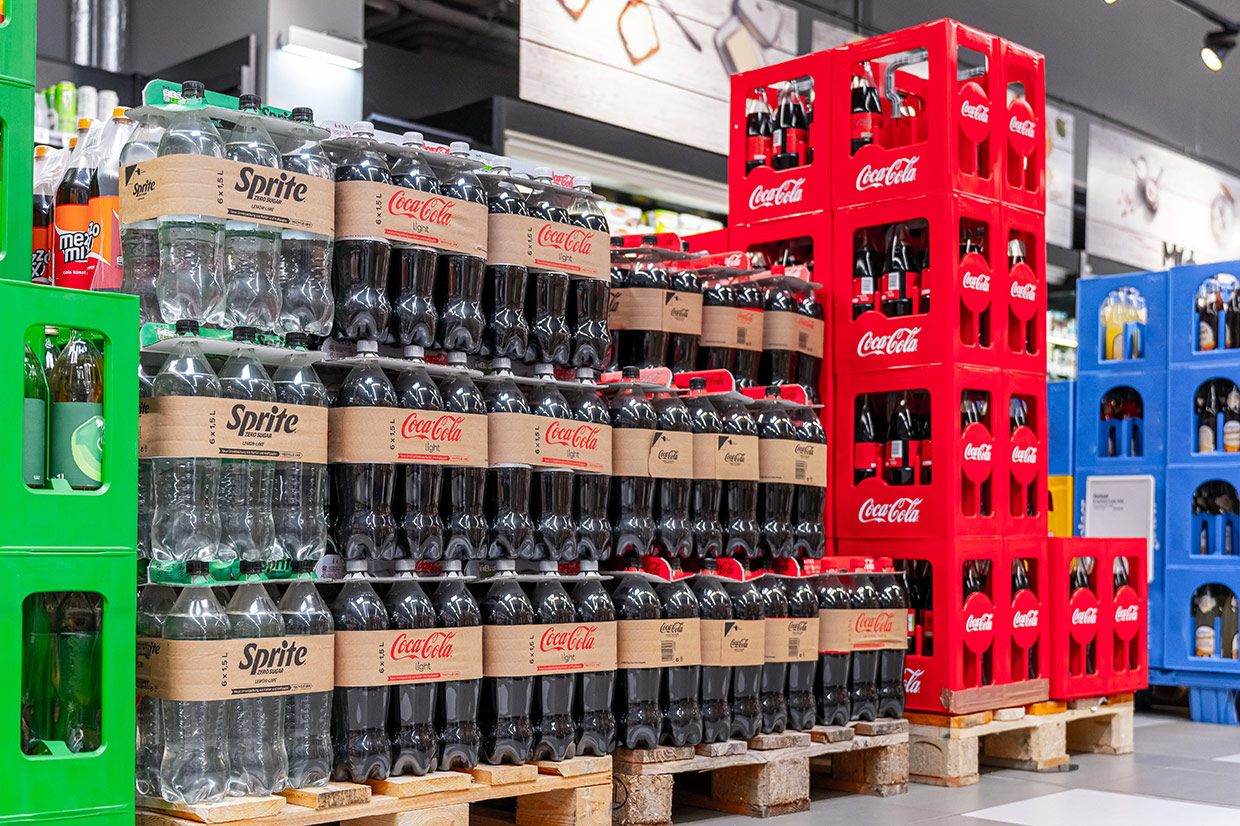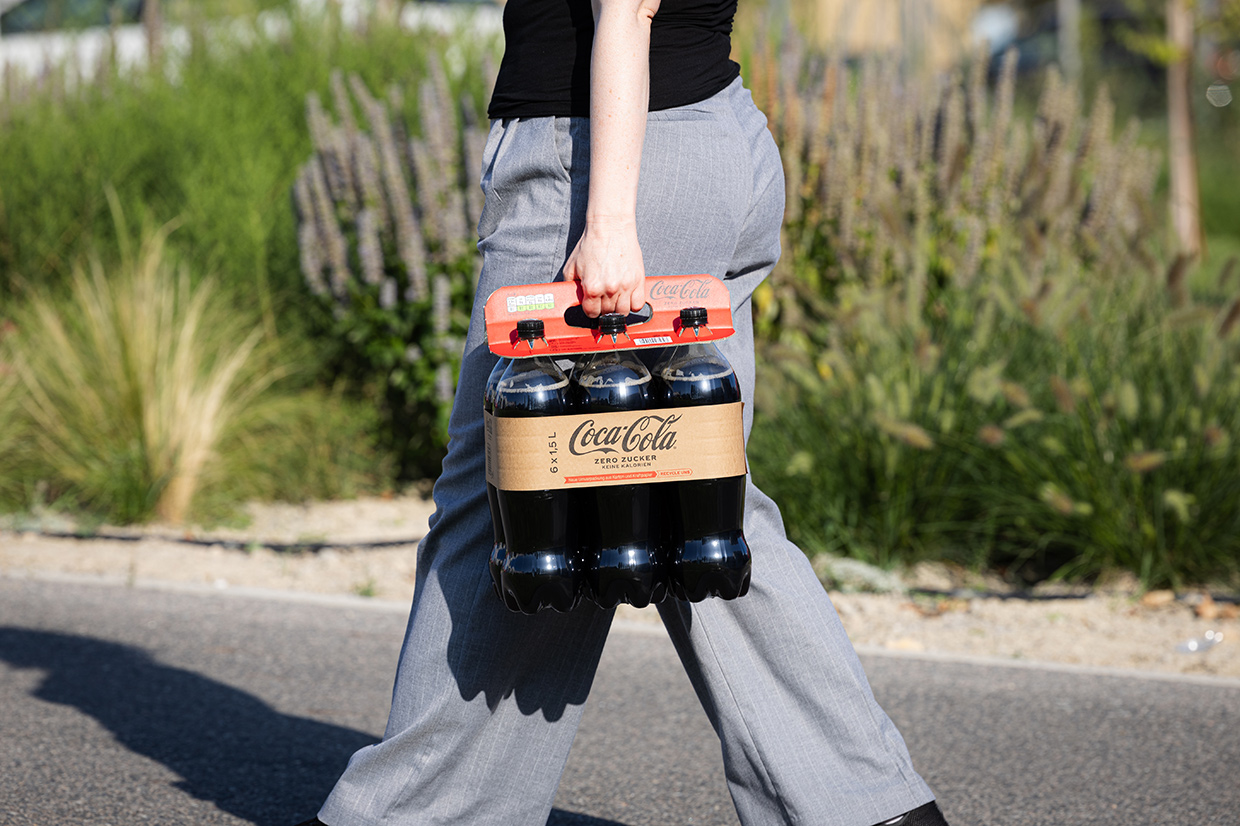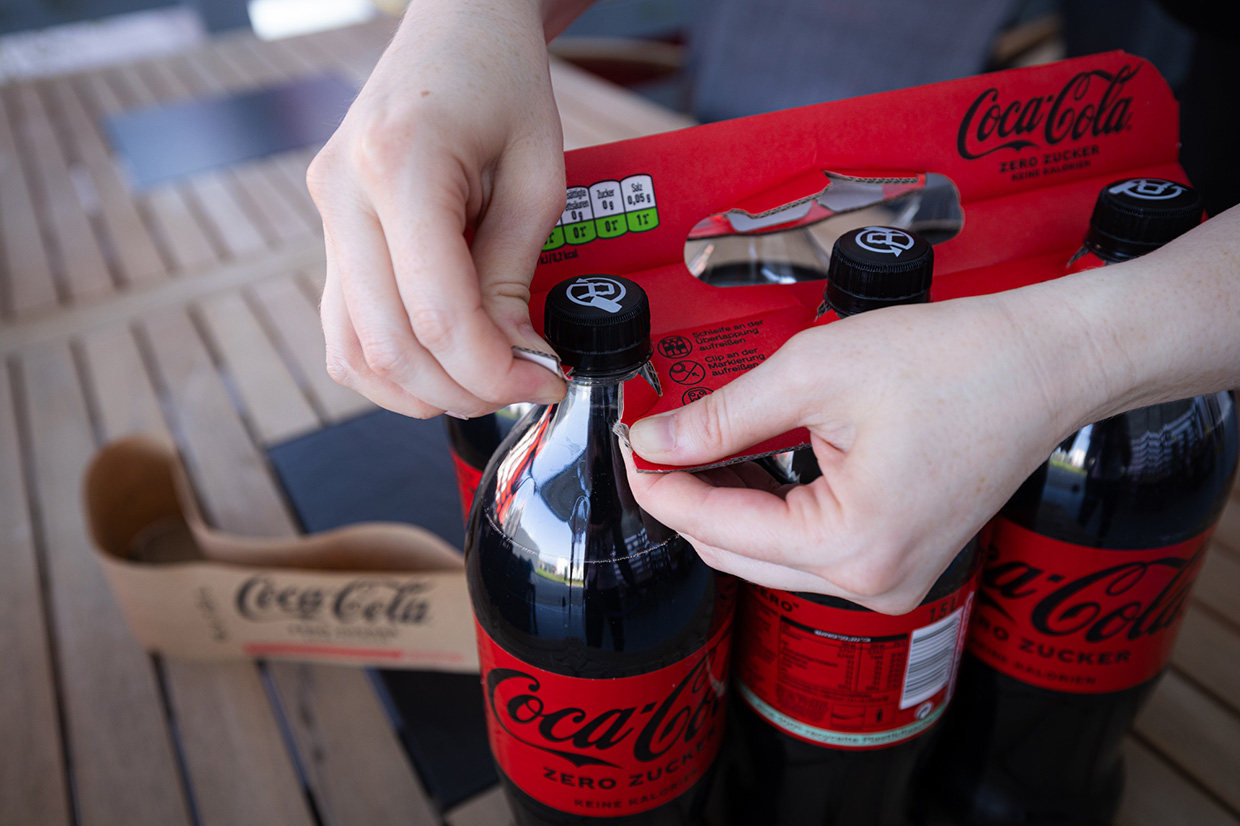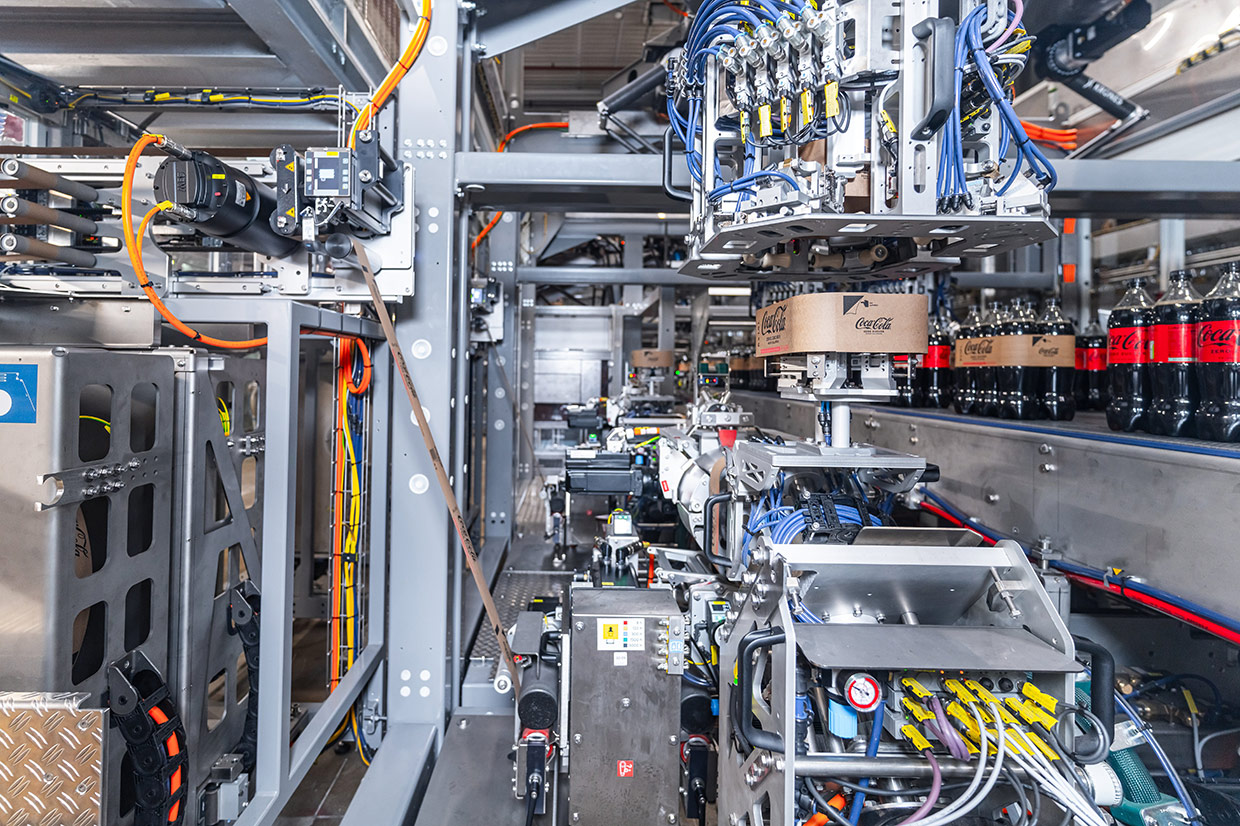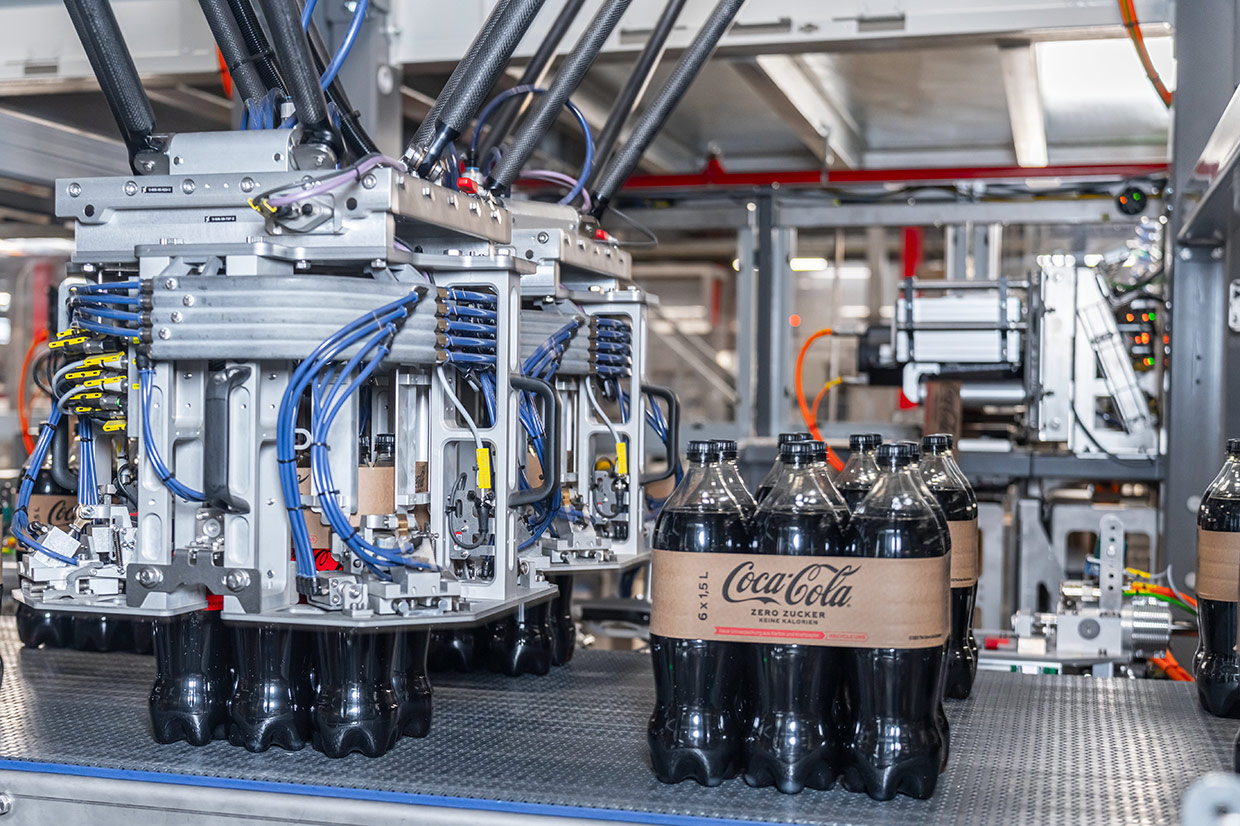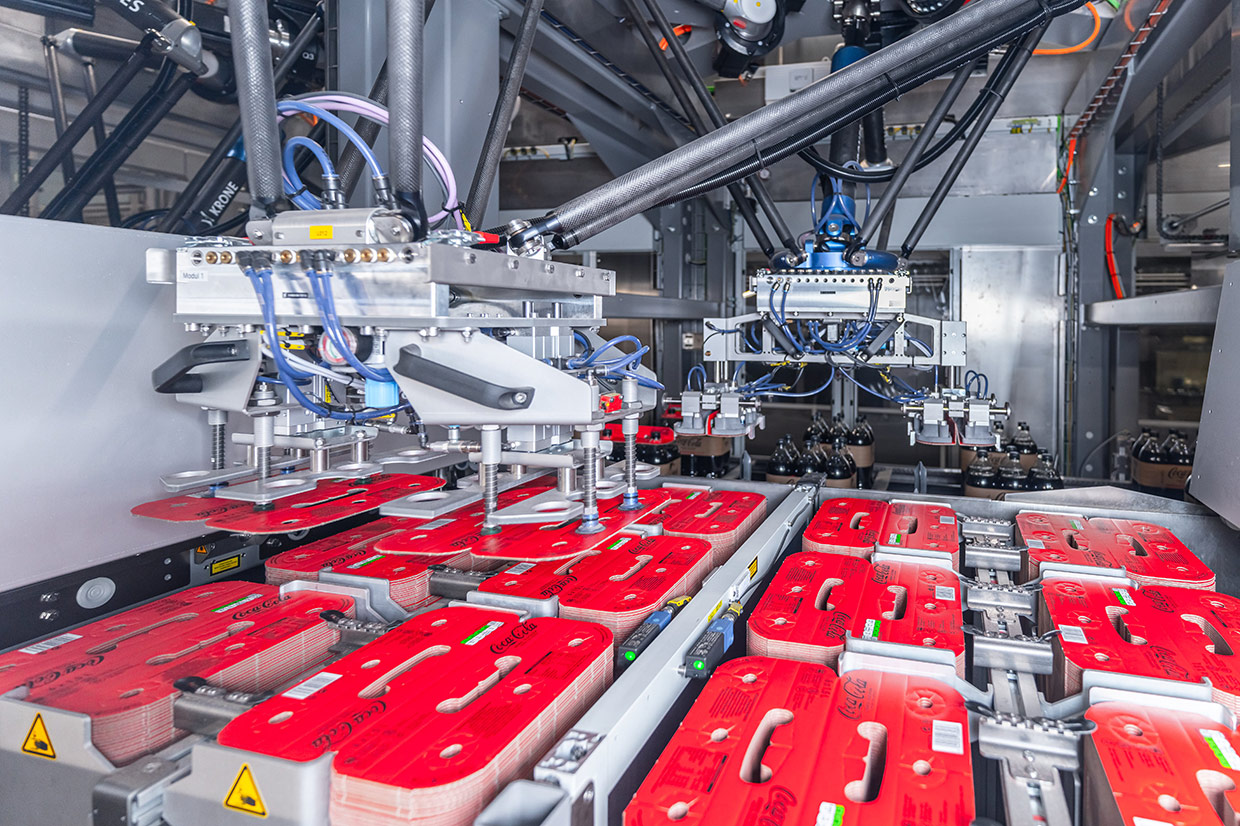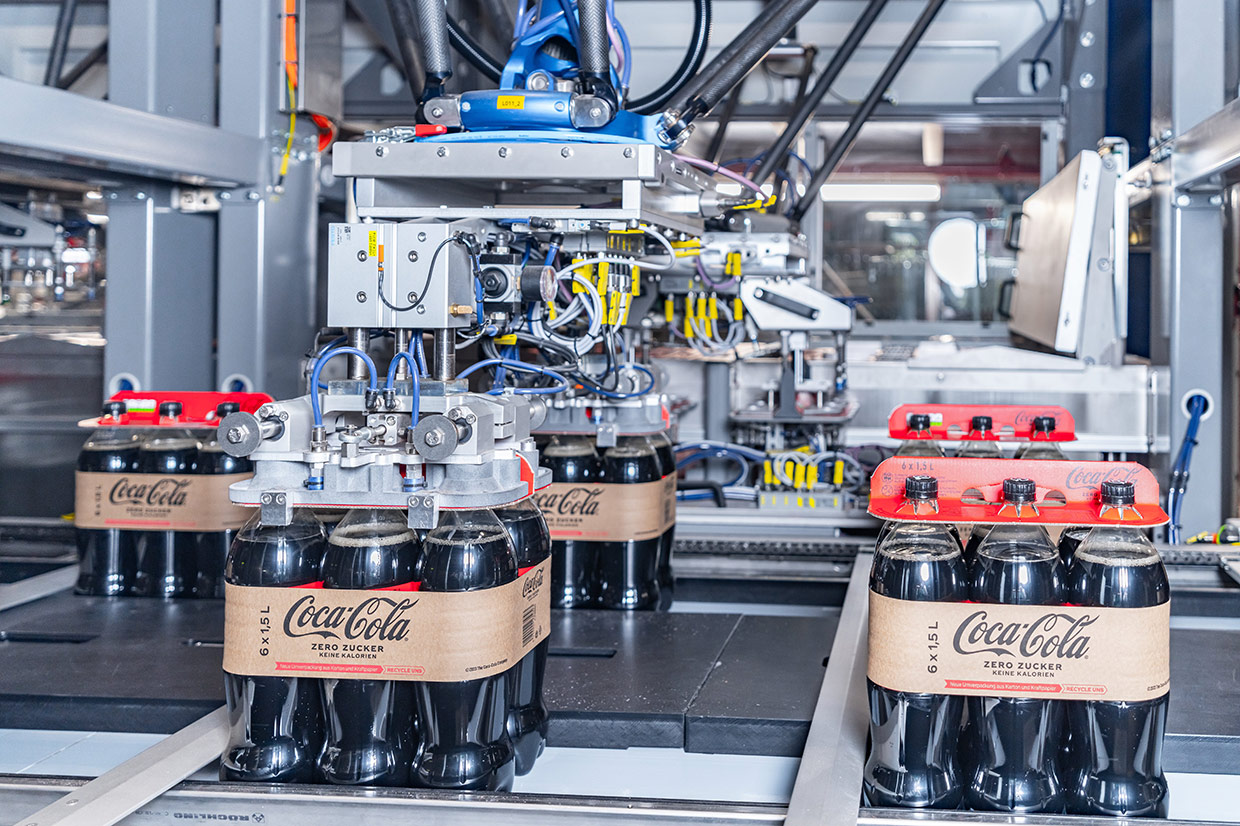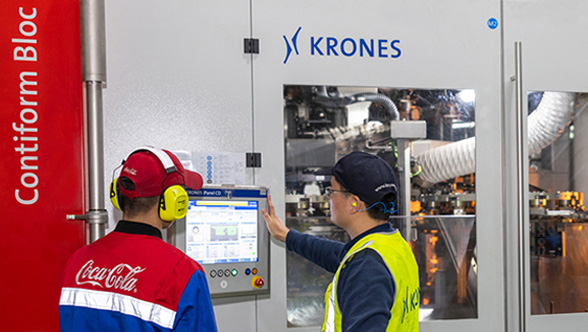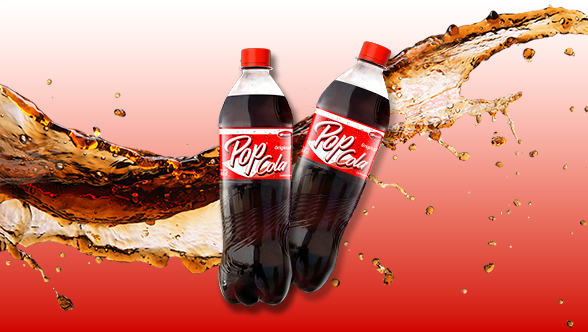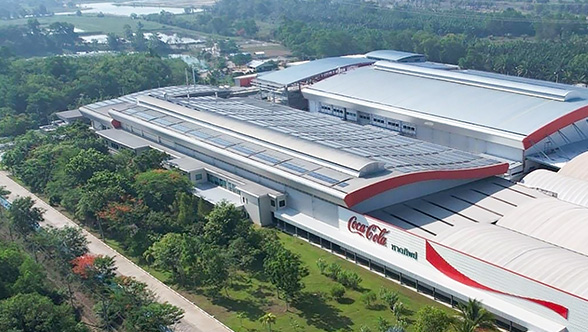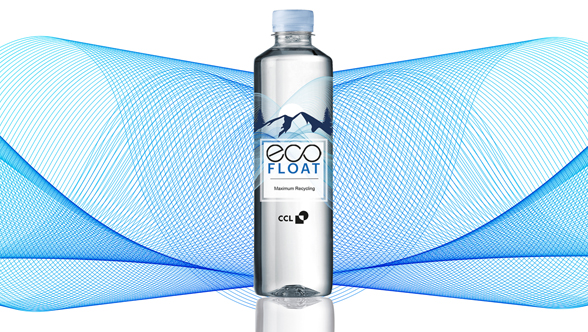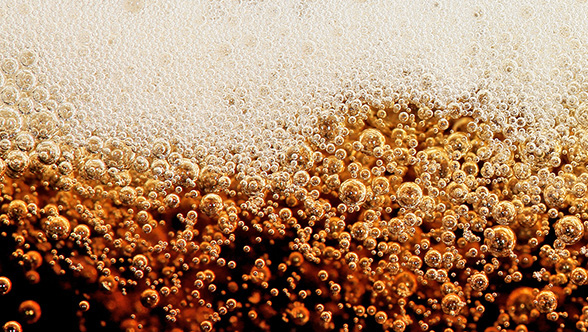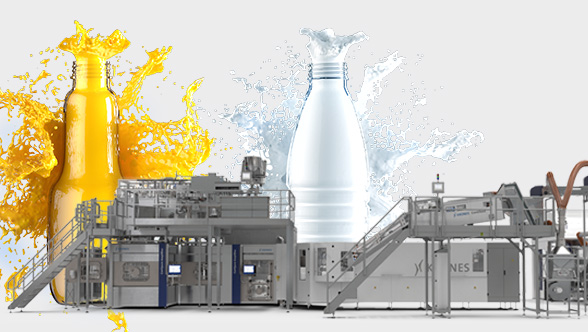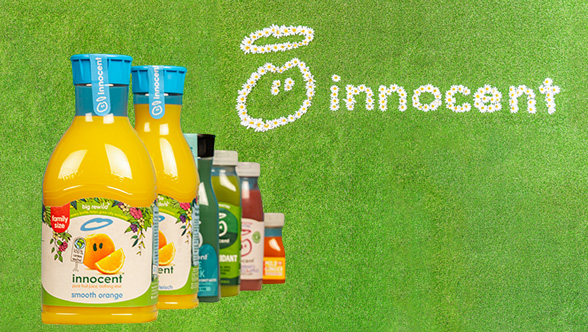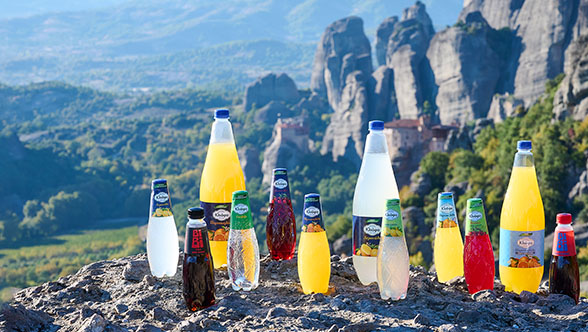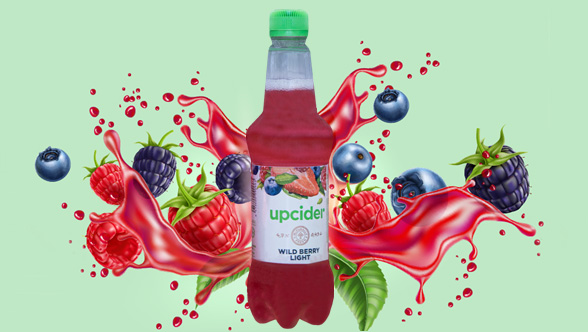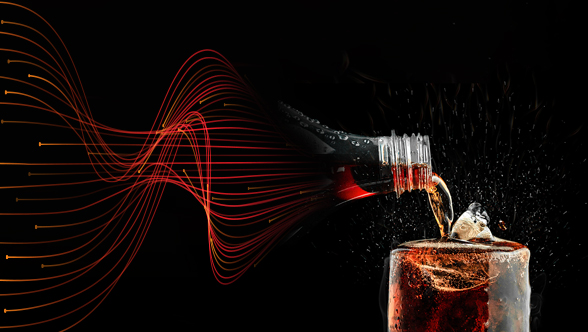“The filling plant in Edelstal is the hub of our production operation for the domestic market and as such very closely involved in our sustainability thrust. It plays a significant role not only in our projects aimed at minimising consumption of water and energy but also in implementing sustainable packaging innovations. We make a point of using only recycled PET for our entire portfolio produced in Austria and boosting returnable products. We’ve also used cardboard-based secondary packaging for our can multipacks for some years now,” explains Felix Sprenger, Supply Chain Director at Coca-Cola HBC Austria.
As a strategic filling partner of The Coca-Cola Company, the beverage manufacturer operates a production and logistics centre at Edelstal in Austria’s Burgenland region, which runs eleven lines and fills most of the Coca-Cola brands and the Römerquelle mineral water brand for the Austrian market, plus drinks intended for export markets.
Following roughly three years of development and testing, we’re very proud to yet again be assuming a pioneering role in Austria in terms of sustainable innovations.
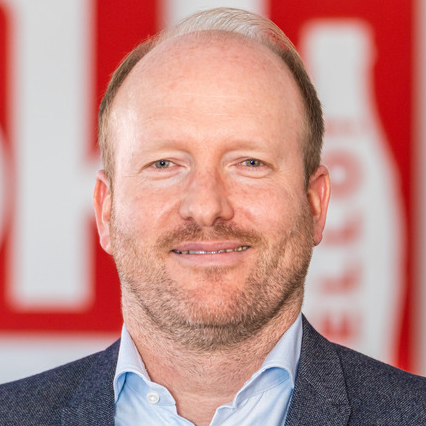 Felix SprengerSupply Chain Director at Coca-Cola HBC Austria
Felix SprengerSupply Chain Director at Coca-Cola HBC Austria

